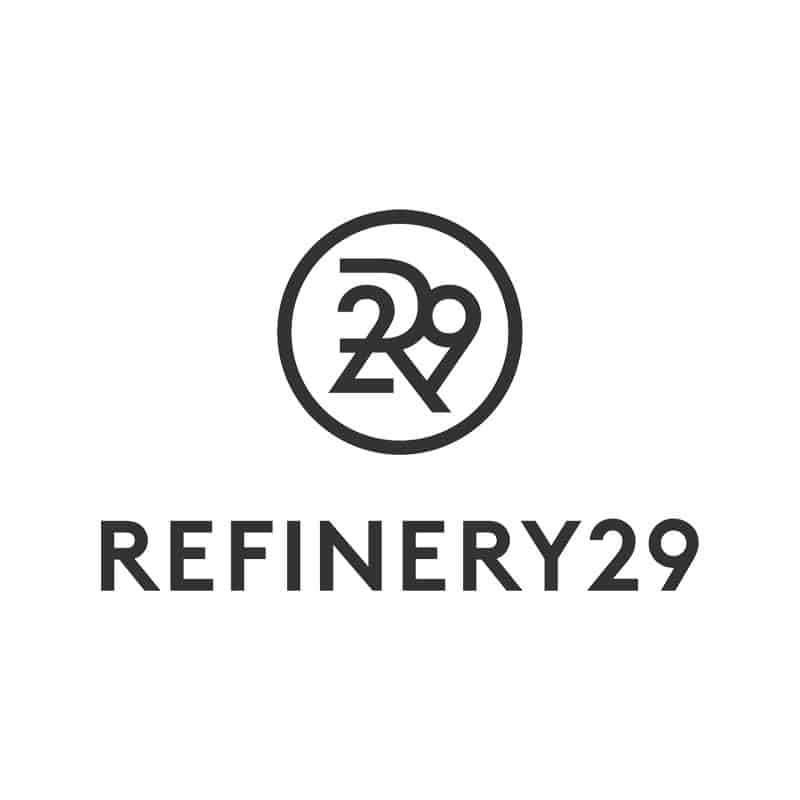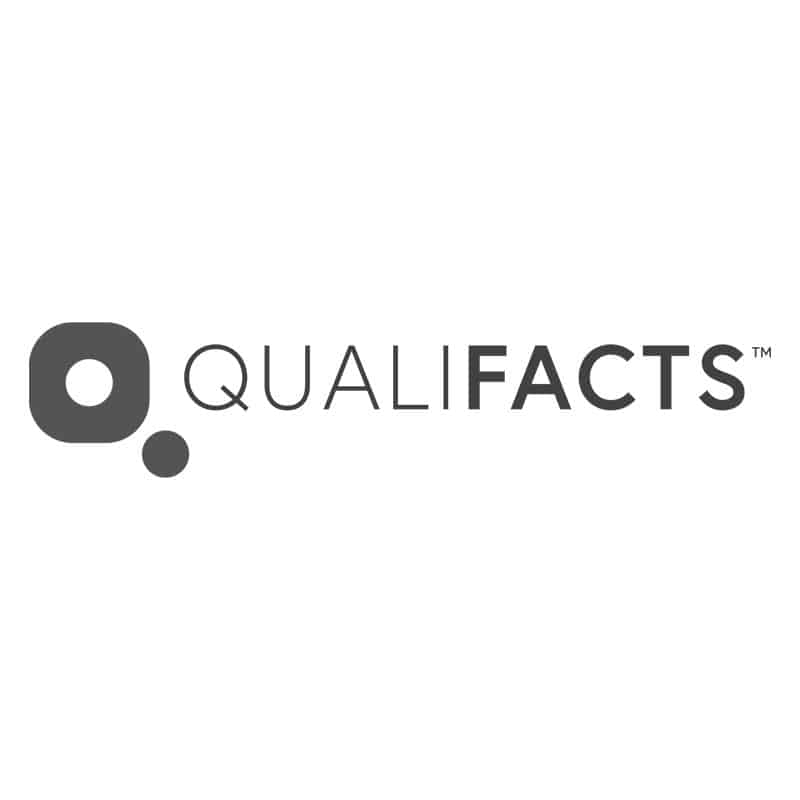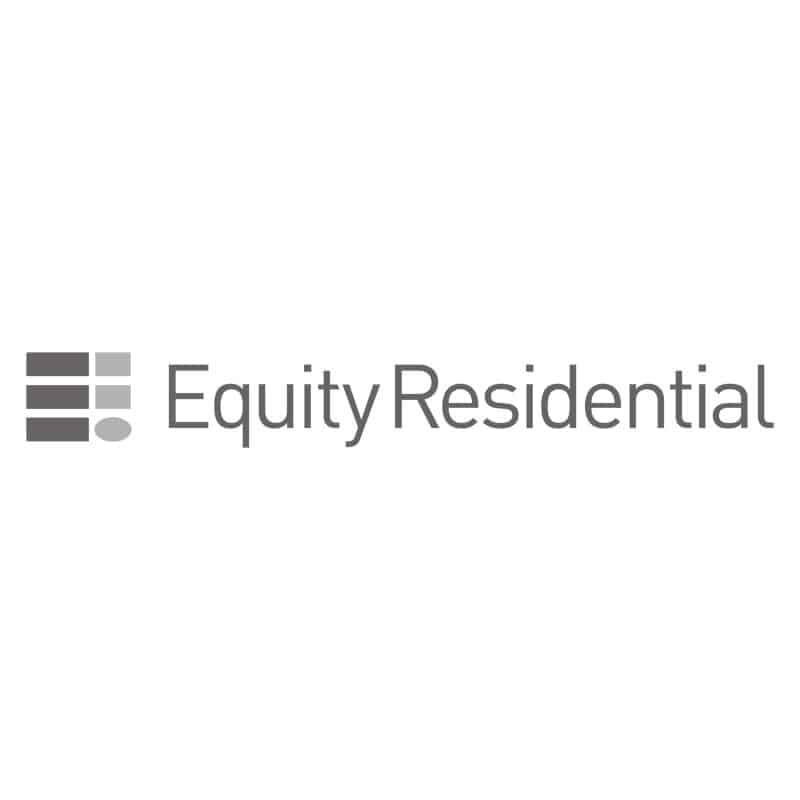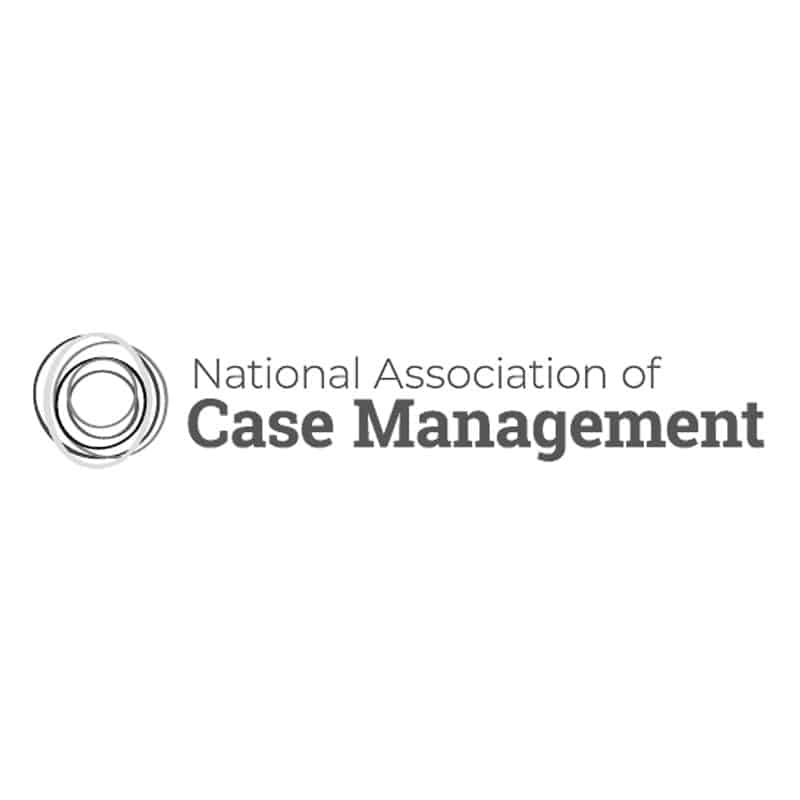Naomi Osaka is number two in the world of women’s tennis. This past week she became famous for something else though, being vulnerable. She announced she would not participate in post match interviews at the French Open, a major tennis tournament, as they cause her too much anxiety. Officials of the French Open fined her and accused her of not fulfilling her media obligations. As a result, Osaka announced she was withdrawing from the tournament, due to mental health issues.
Osaka speaking openly about her anxiety and depression is courageous and should be applauded. When athletes, celebrities, and any of us share our mental health struggles, it removes the shame and stigma that still accompanies that admission and helps normalize it. We often compare our insides to other people’s outsides and imagine we are alone in our suffering. Shame often prevents people from receiving the treatment that is available and effective.
Osaka openly discussing her struggle shines a light for others. It is brave and a positive example that she chose her mental health and wellbeing over succumbing to pressures in the workplace that did not feel healthy to her. Unfortunately, not everybody has that luxury so workplaces need to step up and become aware of mental health issues at work and how to respond to them compassionately.
How should officials have addressed this, what in your opinion would have been the best case scenario?
As a licensed psychotherapist and corporate trainer who promotes mental health awareness in the workplace I am disappointed with how this was handled. Officials should have responded with empathy and compassion. In the U-S mental health issues are covered under the Americans with Disabilities Act and are treated the same as if somebody was dealing with a physical condition that impaired their ability to work. Representatives of The French Open came across as uncaring and tone deaf in a world that is slowly learning to understand mental health is equally as important as physical health.
Resources and special accommodations should have been made to help Osaka receive help for her challenges and be able to meet her obligations in ways that would not negatively impact her mental health and wellbeing. There should have been collaborative problem solving to arrive at a win-win compromise.
How should other people, who feel forced to participate in something that is out of their comfort zone, advocate for themselves?
While Osaka may be wealthy enough to walk away from an enormous paycheck to focus on her mental health, that is not the case for most of us.
In my new book The Financial Mindset Fix, A Mental Fitness Program for an Abundant Life, I explore the kinds of mental health issues that may be holding you back from financial and personal success, and one of them is setting healthy boundaries and learning to say no. The challenge however, is to also learn to expand your comfort zone. One way of accomplishing that is by some exposure therapy. Choose something that makes you scared, public speaking for instance, and join toastmasters or an improv group. Have a friend or trusted advisor come along to provide support.
Osaka was quick to acknowledge that her timing could have been better and her message more clear when she announced she would not do interviews. Learning effective conflict resolution skills is another way to ease your path to an abundant life.There are many issues that this event shines a light on, including how counselling for mental health issues is so important. Here are dozens of resources available to you, many at no cost.
Counseling and Therapy Options
- UnitedHealthcare has launched a free (to anyone) 24/7 support line staffed by mental health experts: Call 866-342 6292
- Text HOME to 741741 to connect with a Crisis Counselor
- National Suicide Prevention Lifeline: 800-271-8255
- Check to see if you have an Employee Assistance Program (EAP) benefit available to you through your place of employment or a family member. EAP’s provide free and confidential counseling and referral services for any kind of personal issue.
Support Resources
- Take the StigmaFreePledge to #Cure Stigma
Hope for the day’s tagline is “it’s okay not to be okay” and they provide education, outreach and action to break the silence around mental health
- SAMHSA’S National Helpline- 1-800-662-HELP (4357) for referrals
I hope this conversation continues. When we discuss our mental health issues openly we help not only ourselves but anyone who is struggling, as we all do at some points in our lives.
You can connect with me anytime to learn more or share your journey at Joyce Marter.





























